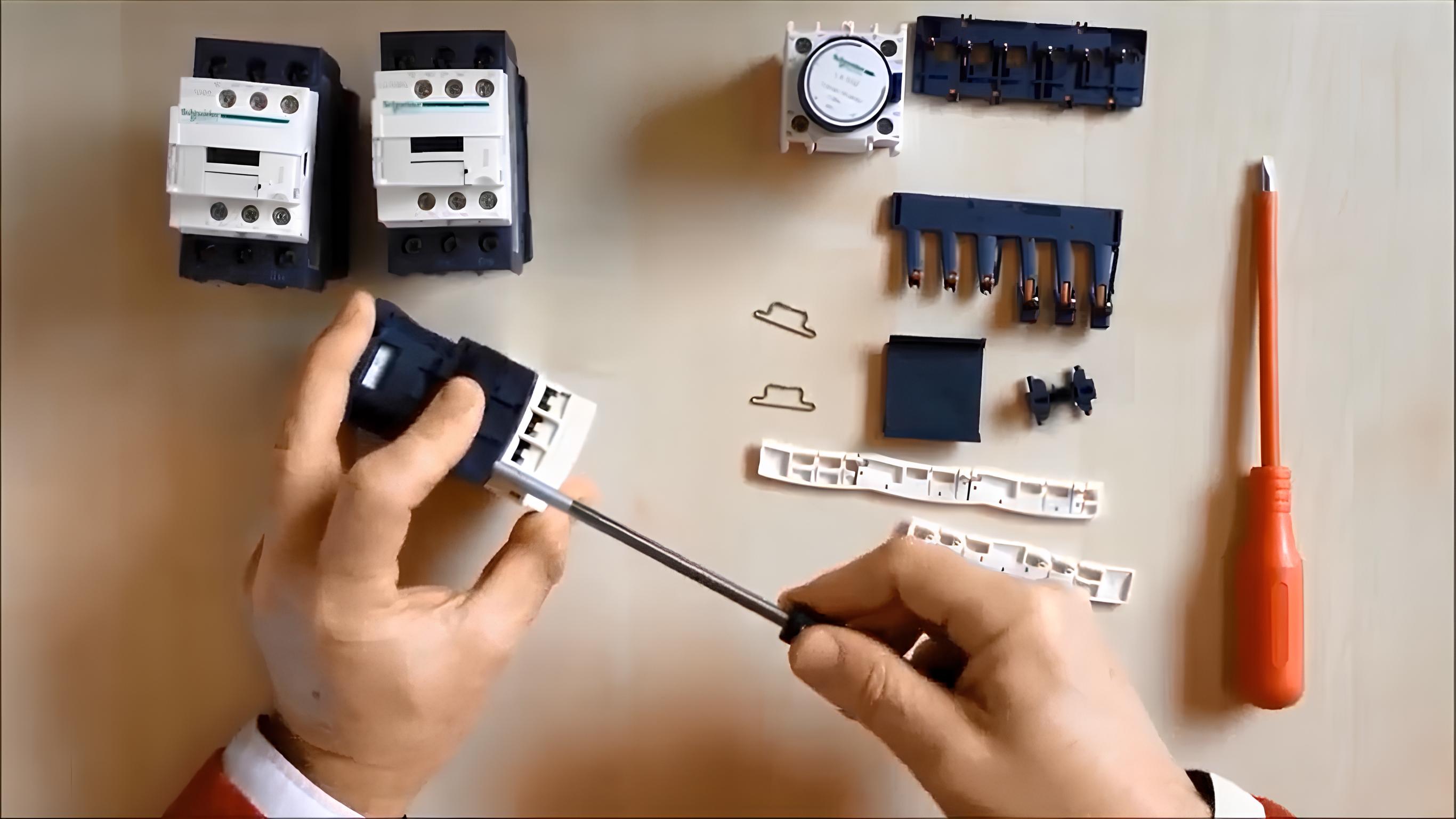Fungsi Sekring atau Fuse Listrik dan Perbedaannya dengan Circuit Breaker

Fungsi sekring atau fuse listrik dan perbedaannya dengan circuit breaker ternyata belum banyak diketahui. Padahal, kedua perangkat perlindungan listrik ini memiliki cara kerja yang berbeda di samping fungsinya yang hampir mirip.
Sekring atau fuse adalah komponen penting dalam sistem listrik yang berfungsi untuk melindungi peralatan elektrik dari kerusakan akibat arus listrik berlebih. Perangkat ini dirancang untuk membuka sirkuit secara aman di bawah beban arus tinggi yang tidak normal.
Sekring memiliki berbagai bentuk dan ukuran. Masing-masing dirancang untuk melindungi sirkuit dengan seperangkat parameter listrik tertentu. Parameter ini di antaranya tegangan operasi, arus operasi, dan waktu peleburan elemen sekring atau kecepatan sekring.
Memilih sekring dengan kapasitas arus yang sesuai dengan kebutuhan peralatan dan sistem listrik yang digunakan sangatlah penting. Hal ini untuk memastikan sekring memberi perlindungan yang efektif dengan waktu pelelehan kabel yang pas saat merespons arus berlebih.
Memiliki fungsi utama untuk melindungi peralatan listrik, berikut beberapa fungsi sekring lainnya yang tidak boleh dilewatkan.
Baca Juga: 5 Cara Memilih RCBO yang Bagus untuk Instalasi Listrik
Pengertian Sekring
Sekring atau fuse adalah perangkat yang dirancang untuk melindungi rangkaian listrik dari kerusakan akibat arus listrik berlebih. Fungsi sekring digunakan mulai dari peralatan rumah tangga, kendaraan, hingga instalasi industri besar.
Perangkat ini tersedia dalam berbagai bentuk dan kapasitas, sesuai dengan kebutuhan dan spesifikasi rangkaian listrik yang dilindungi.
Penggunaan sekring sangat penting dalam memastikan keamanan dan keandalan sistem listrik, serta melindungi peralatan elektronik.
Fungsi Sekring atau Fuse Listrik
1. Melindungi Peralatan Elektrik
Sebagaimana fungsinya yang utama, fungsi sekring dapat melindungi peralatan elektrik, seperti peralatan rumah tangga, perangkat elektronik, dan sistem listrik lainnya dari kerusakan akibat arus listrik berlebih.
2. Mencegah Korsleting
Tidak hanya melindungi peralatan, fungsi sekring juga bisa mencegah munculnya bahaya listrik, seperti terjadinya korsleting atau hubungan pendek yang dipicu karena kontak yang tidak semestinya dalam suatu sirkuit.
3. Mencegah Kebakaran
Dengan memutuskan aliran listrik saat terjadi arus berlebih, fungsi sekring salah satunya dapat membantu mencegah terjadinya kebakaran yang dapat disebabkan oleh overheat atau korsleting.
Perbedaan Sekring atau Fuse dengan Circuit Breaker
Fuse atau sekring dan circuit breaker adalah dua perangkat perlindungan yang digunakan dalam sistem listrik untuk mencegah kerusakan akibat arus listrik berlebih.
Meskipun keduanya memiliki fungsi serupa, ada beberapa perbedaan antara sekring dan circuit breaker. Berikut beberapa perbedaannya.
1. Cara Kerja
Perbedaan pertama dari cara kerja keduanya. Fuse atau sekring menggunakan kawat yang dirancang untuk meleleh saat ada arus berlebih. Setelah meleleh, fuse perlu diganti karena tidak dapat dipulihkan.
Sementara itu, cara kerja circuit breaker adalah dengan memutuskan sirkuit saat terjadi arus berlebih. Circuit breaker dapat digunakan kembali dengan cara mengembalikan tuas sakelarnya ke posisi "on" setelah masalah diatasi.
2. Harga dan Pemeliharaan
Dari segi harga atau biaya, tercatat fuse atau sekring bisa didapatkan dengan harga yang lebih murah, tetapi perangkat ini tidak dapat dipakai kembali sehingga harus diganti setelah menjalankan fungsinya.
Di sisi lain, meskipun circuit breaker lebih mahal, namun alat ini dapat digunakan berulang kali setelah dipulihkan sehingga biaya pemeliharaan jangka panjangnya lebih rendah.
3. Kecepatan Reaksi
Fuse biasanya merespons arus berlebih dengan lebih cepat karena kawat meleleh dengan cepat saat teraliri kelebihan arus ini.
Sementara itu, circuit breaker memiliki rentang kecepatan reaksi yang berbeda, bergantung pada tipenya. Beberapa tipe memiliki kelebihan dalam hal mengatasi lonjakan arus listrik karena ada yang bisa merespons dengan cepat.
4. Penerapan
Pada umumnya, fuse atau sekring digunakan dalam sistem listrik skala rumah tangga dan beberapa aplikasi industri. Adapun, circuit breaker lebih sering digunakan di berbagai tingkatan, termasuk sistem listrik rumah tangga, industri, dan infrastruktur besar.
Baca Juga: Mengenal Fungsi Industrial Plug dan Socket serta Penggunaannya
Powered by Froala Editor

Memilih antara sekring dan circuit breaker tergantung pada kebutuhan spesifik sistem listrik dan preferensi Anda. Kelebihan dan kekurangan keduanya harus dipertimbangkan sesuai dengan konteks penggunaan masing-masing.
Mengetahui fungsi sekring atau fuse listrik dan perbedaannya dengan circuit breaker dapat membantu Anda memutuskan mana pilihan yang terbaik untuk menjaga keamanan dan keandalan instalasi listrik di dalam bangunan. Sedang mencari sekring dan MCB yang berkualitas? Anda bisa menghubungi Mitra Cipta Hardi Elektrindo untuk mendapatkan rekomendasi produk terbaik.
Powered by Froala Editor
Related News



